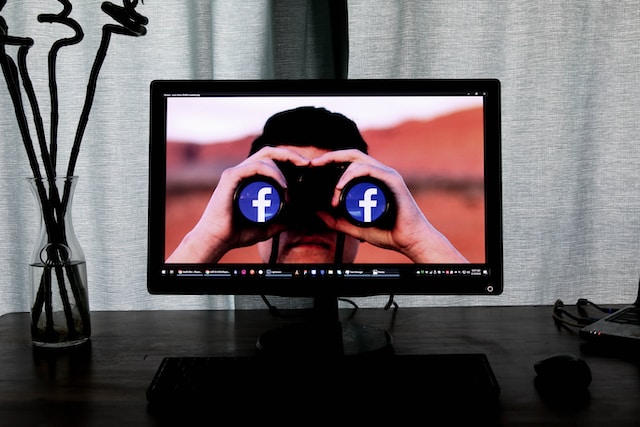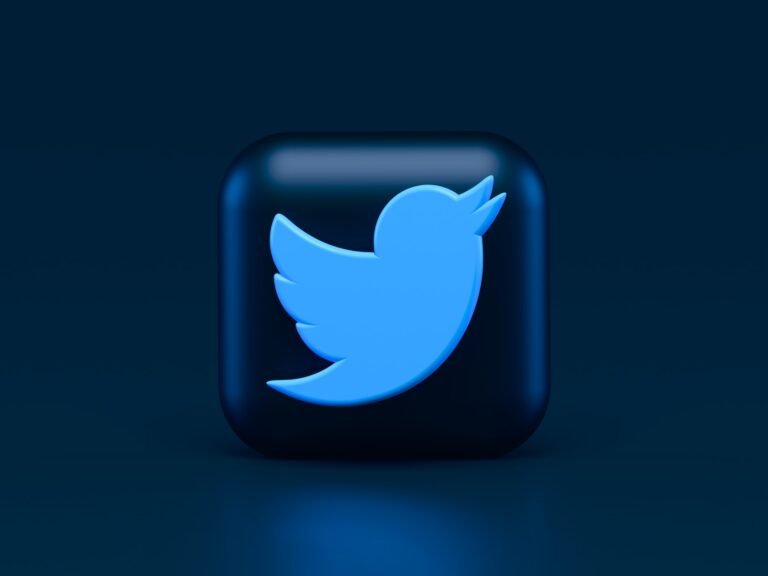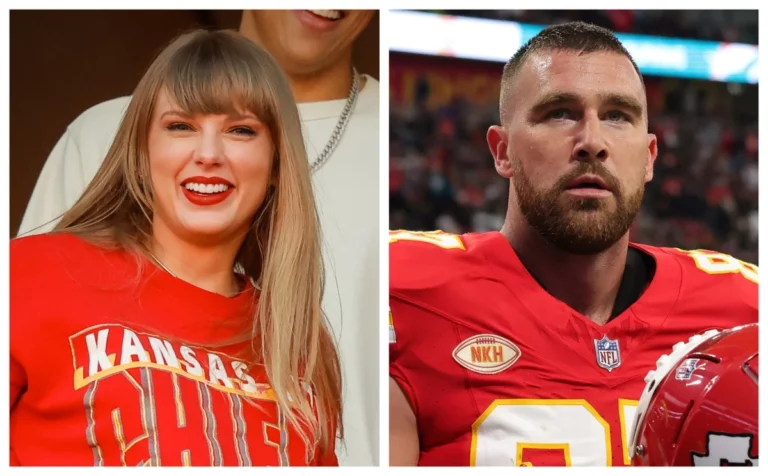The American Company Facebook
Facebook is a division of the American firm Meta Platforms that provides an online social networking service. Facebook was started in 2004 by Harvard undergrads Mark Zuckerberg, Eduardo Saverin, Dustin Moskovitz, and Chris Hughes. As of 2021, Facebook had approximately three billion monthly active members, making it the largest social network in the world. In Menlo Park, California, you’ll find the company’s main offices.
Facebook Features
Facebook is a free service that makes most of its money through online advertisements. Users can sign up, make profiles, submit images, and choose to either join or form a new group. Timeline is a section of a user’s profile page where they can share content and receive messages from friends; status updates can be sent to friends to let them know where they are or what’s going on in their lives; and the news feed shows users what their friends have been up to. Users can have one-on-one conversations and send confidential messages to one another. The “Like” button, which is also used on many other websites, allows Facebook users to indicate their approval of content. Instagram, a social network for sharing photos and videos; Messenger, an instant messaging software; and WhatsApp, a texting and voice over IP service, are also part of Meta Platforms.
Facebook Limitations
Part of Facebook’s appeal comes from the fact that from the very beginning, co-founder Mark Zuckerberg insisted that users not create fake profiles. The company’s leadership stated that openness is essential for people to get to know one another, exchange ideas, and contribute to society’s growth. It also pointed out that businesses may more easily link their products with consumers because to the bottom-up, peer-to-peer networking among Facebook users.
Facebook Origin
The company’s origins are murky. In 2003, it began as Facemash, a website that allowed students at Harvard University to rate the attractiveness of their fellow students. It was shut down after only two days because Zuckerberg, the main developer, broke university policy by using student fees to fund the site. Despite its brief life, Facemash attracted 450 users who cast 22,000 votes. Because of this, in January of 2004, Zuckerberg registered the domain name http://www.thefacebook.com. Together with classmates Saverin, Moskovitz, and Hughes, he launched a new social network under that URL.
Founded in 2004, February saw the introduction of TheFacebook.com. If you were a Harvard student and joined up for the service, you might share details about your life, such your class schedule and extracurricular activities, with other students. As its reputation grew, it began welcoming members from other elite institutions like Yale and Stanford. More than 250,000 students from 34 schools had signed up by June of 2004, and by the end of the year, large brands like MasterCard were paying for advertising space on the site.
Facebook Social Features
The addition of the Wall to a member’s profile on The Facebook was made in September 2004. Friends may update a user’s Wall, which quickly became an important part of the network’s social features. One million people were using The Facebook by the end of 2004. But it was still far behind Myspace, the biggest social network at the time, which had five million users.
2005 was a watershed year for the corporation. Eventually, it was shortened to “Facebook,” and the concept of “tagging” individuals in online photographs was introduced. People used tags to identify themselves and others in photos shared on Facebook. Infinite photo uploads were available to Facebook users. High school pupils and international college students were first accepted into the military in 2005. Six million unique people were logging in each month by the end of the year.
Facebook Membership
In 2006, Facebook extended membership to people of all ages (above the age of 13), not just students. Advertisers were, as Zuckerberg had promised, able to establish new, fruitful connections with their target audiences. By “expressing affinity” with a teeth-whitening product, for instance, 14,000 people were drawn to a promotional effort by the consumer goods giant Procter & Gamble that same year. More and more businesses have started utilizing Facebook as a marketing tool because it allows for direct consumer contact on a scale that was previously impossible.
Facebook’s privacy issues continue to plague the company. In 2006, when it debuted News Feed, which detailed every update friends had made to their profiles, it became a major problem for the corporation. Facebook quickly updated privacy controls so users could decide what showed up in their News Feed in response to user complaints. Beacon was a short-lived service introduced by Facebook in 2007 that revealed members’ product purchases to their friends from participating retailers. Members felt their privacy was invaded, which led to its downfall. Facebook has been criticized for the complexity of its user privacy controls and the numerous changes it makes to them, and a 2010 consumer study placed the firm in the worst 5 percent of corporations in customer satisfaction mostly due of privacy concerns.
Facebook Popularity
Facebook became the most popular social networking site in 2008, overtaking Myspace in that year. In launching Live Feed, the business also took aim at Twitter, a social network that provides a live feed of news-like posts from users’ followed individuals. Like Twitter’s constant stream of user updates, Live Feed would automatically update a member’s site with updates from their friends. (At this time, News Feed now includes Live Feed.)
Facebook Campaign
More than a thousand Facebook groups were founded in support of Democratic candidate Barack Obama or Republican contender John McCain during the 2008 U.S. presidential election, marking the beginning of Facebook’s rise to prominence as a potent instrument for political movements. The service was used by hundreds of thousands to organise demonstrations in Colombia against the FARC guerrilla war. During the Egyptian revolt of 2011, several protesters against President Hosni Mubarak’s regime formed Facebook groups as a means of communication and coordination.
Facebook API
Facebook actively promotes the usage of the platform by independent programmers. Its application programming interface (API) was made public in 2006, allowing developers to create add-ons that Facebook users could access without ever leaving the site. Approximately $500 million was made by 2009 by Facebook’s developers. Payments made to developers for virtual or digital products sold through third-party applications are another source of revenue for the corporation. Zynga Inc., an online game producer, was one such company whose payouts reached 12 percent of 2011 revenues.
Facebook Application
Facebook’s application to go public was submitted in February 2012. Its market valuation is $102.4 billion after an IPO in May that brought approximately $16 billion. When Google Inc., maker of the ubiquitous search engine, went public in 2004, it raised $1.9 billion, making it the largest initial public offering (IPO) ever for an Internet company. By the close of business on the first day of trading, it was believed that Zuckerberg owned more than $19 billion worth of the company’s stock.
As of October 2021, Facebook’s parent business will be known as Meta Platforms. The rebranding represented a shift in focus to the “metaverse,” a speculative future setting for sociable virtual reality experiences.







